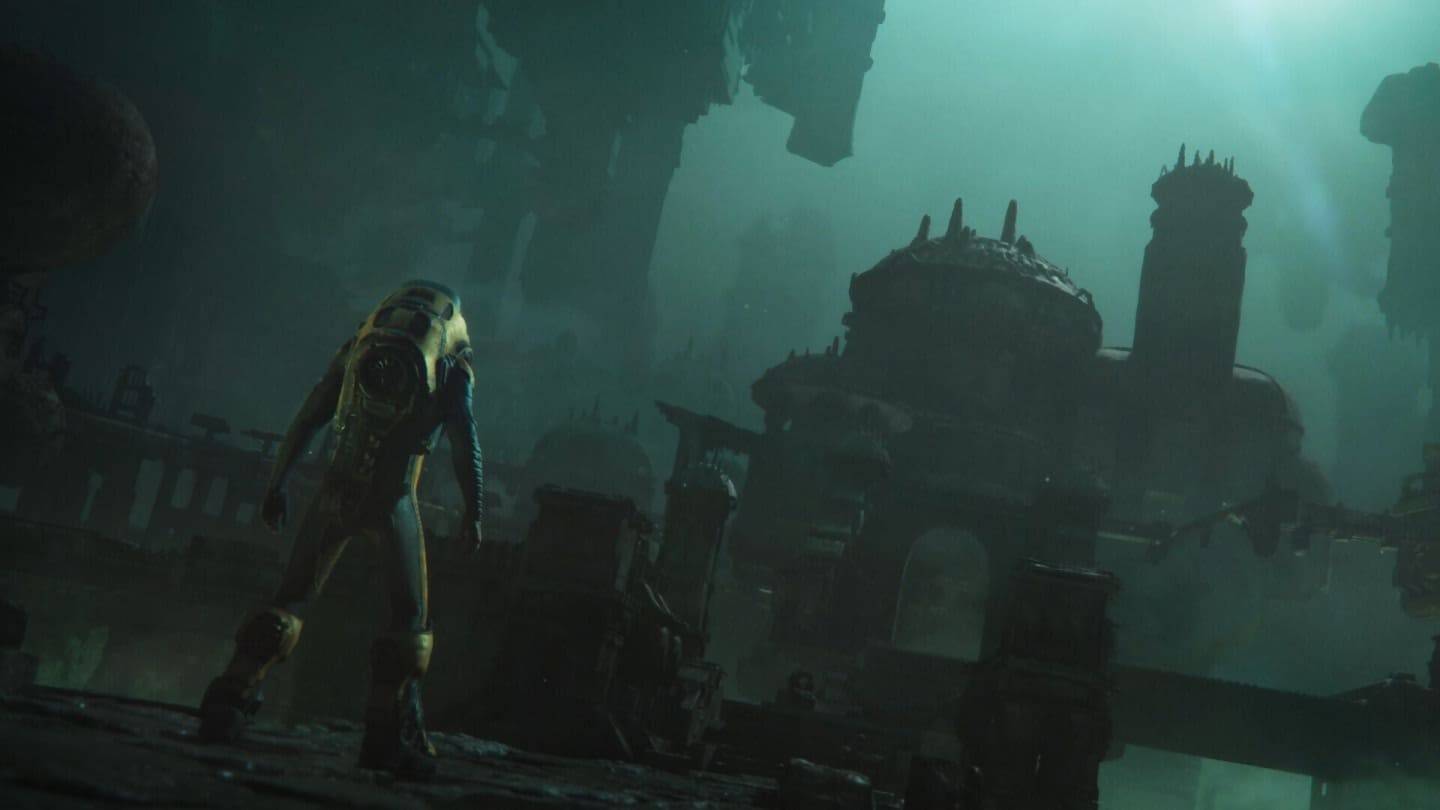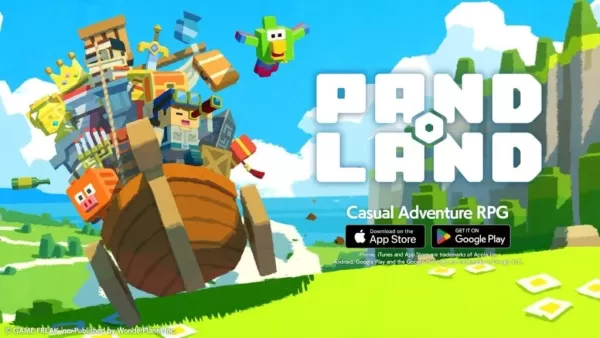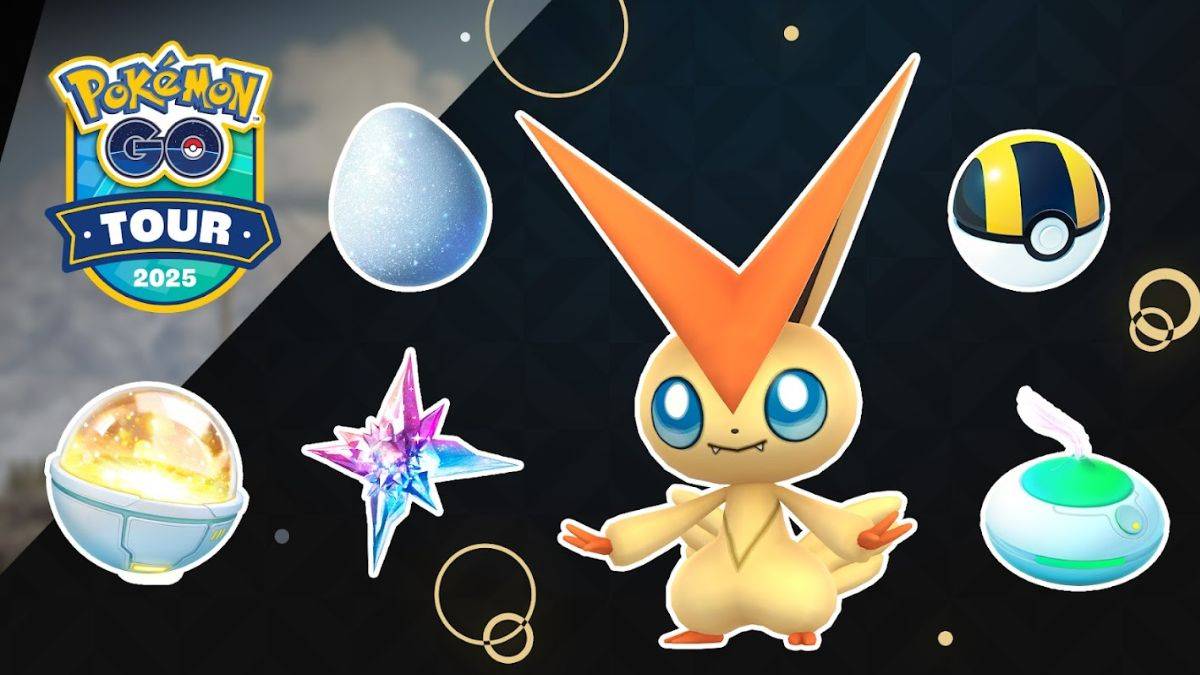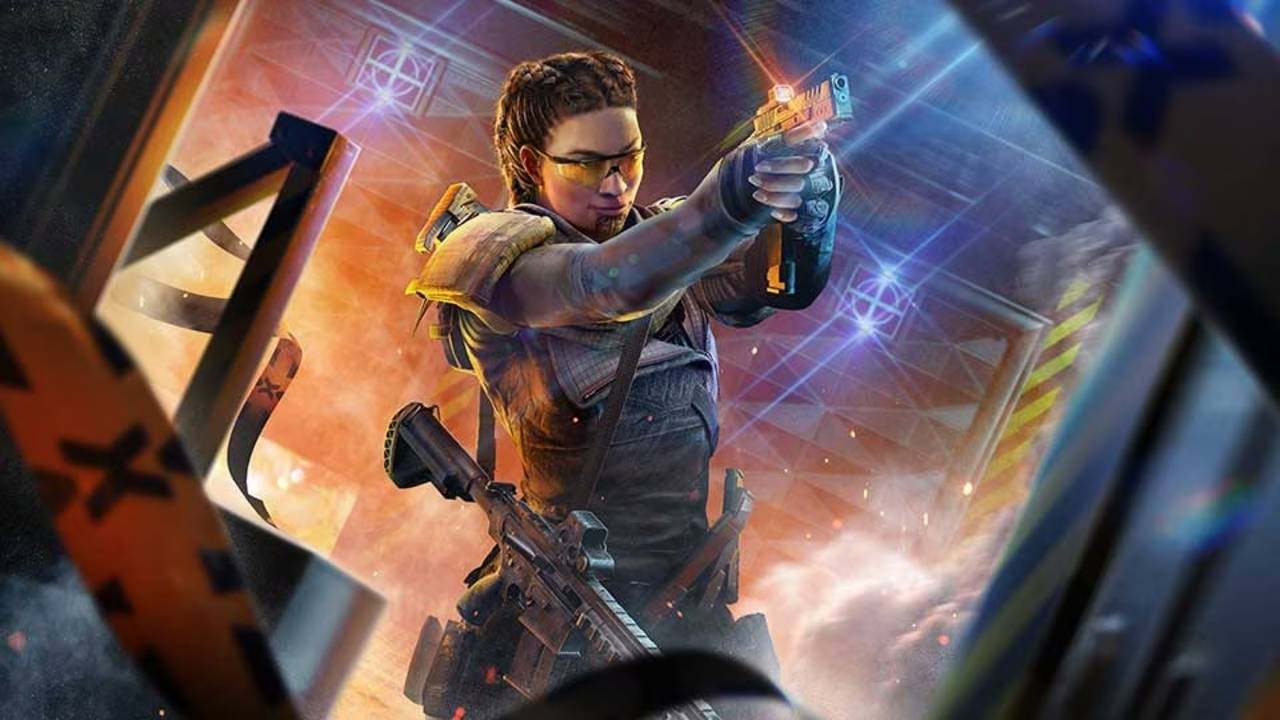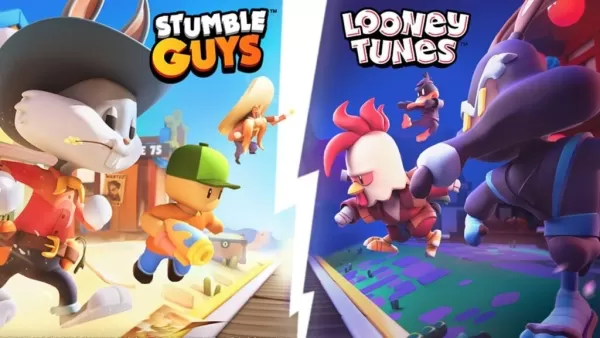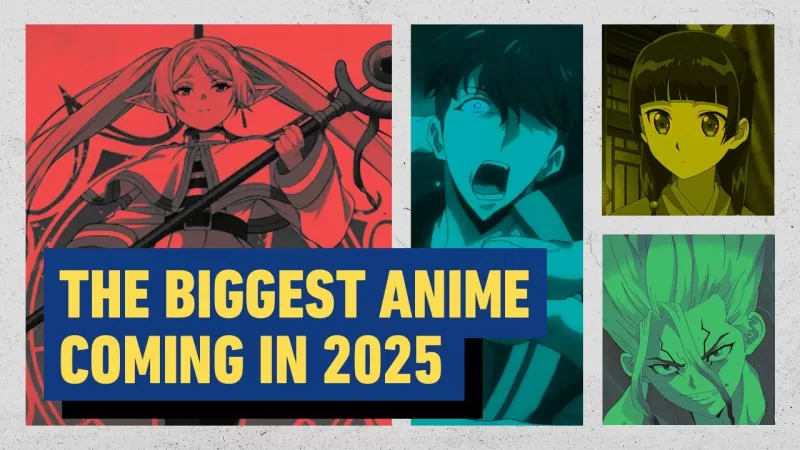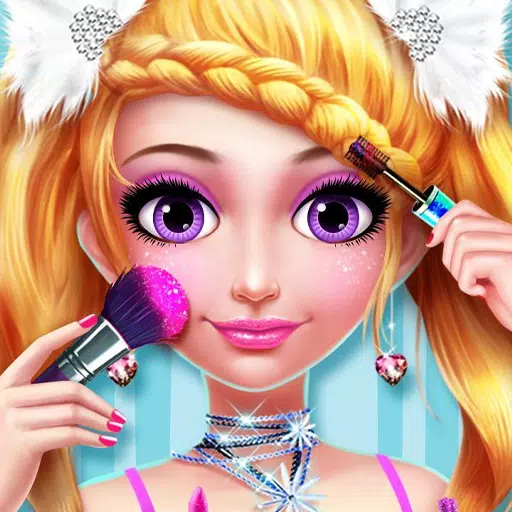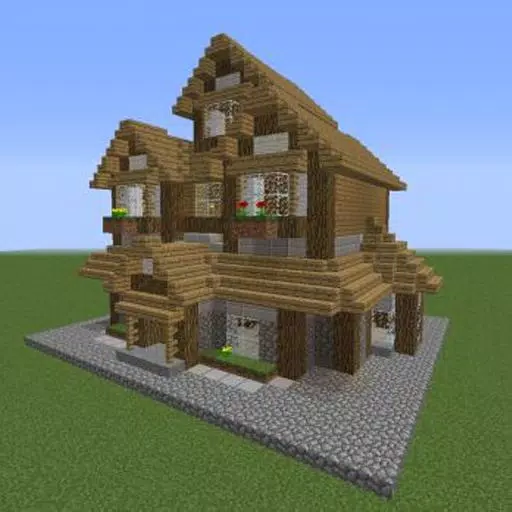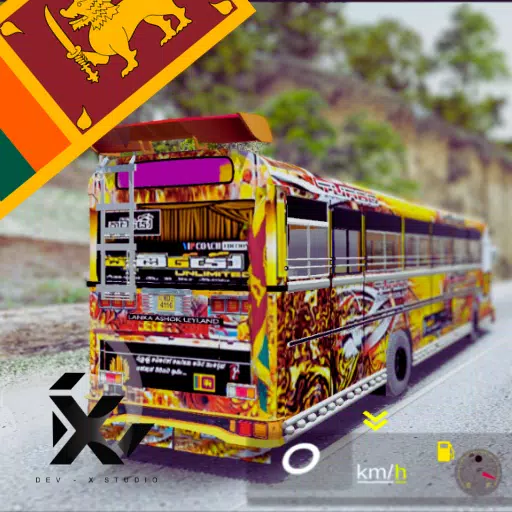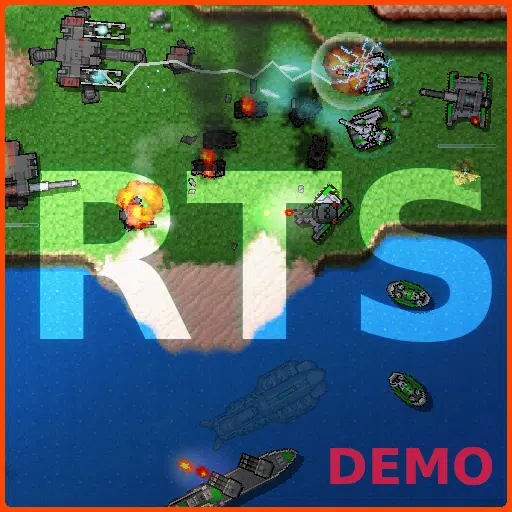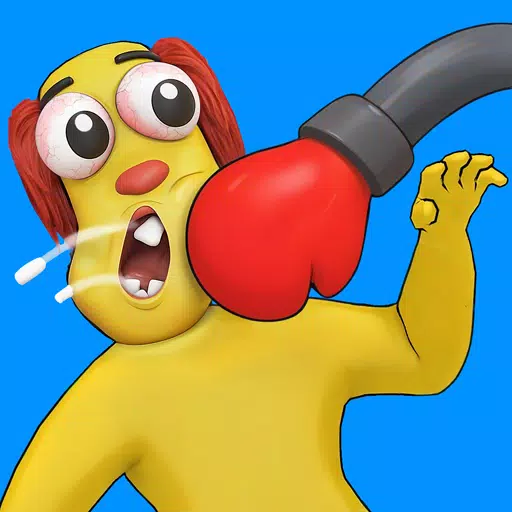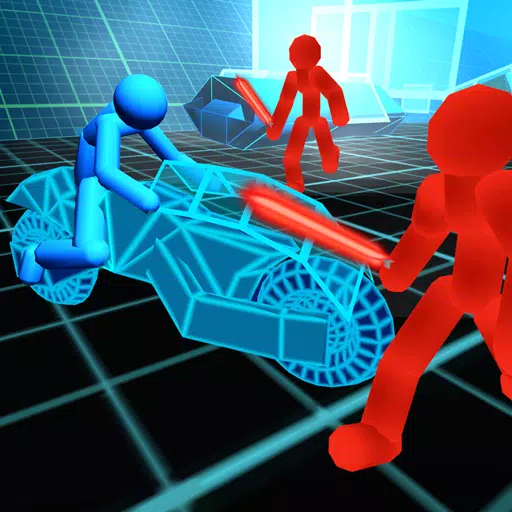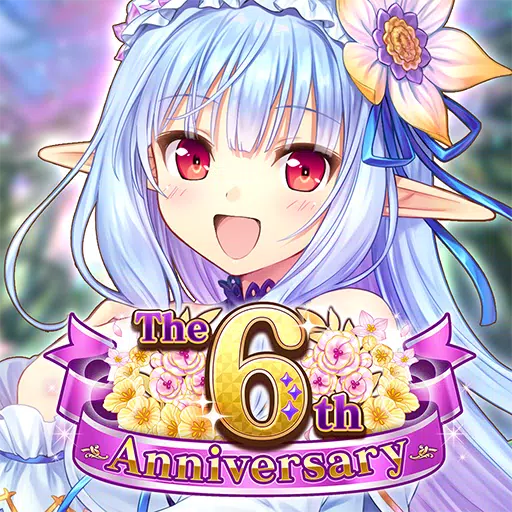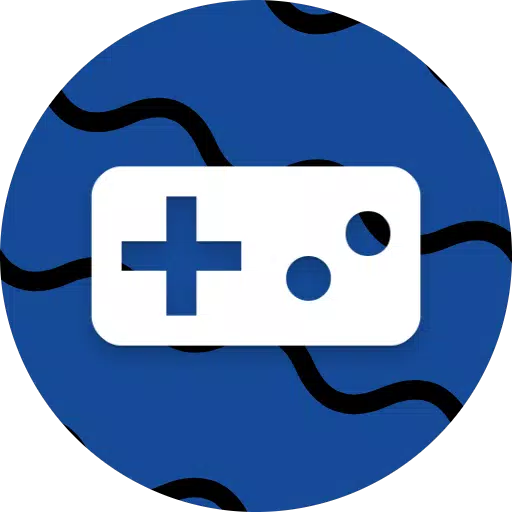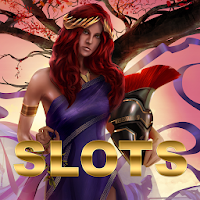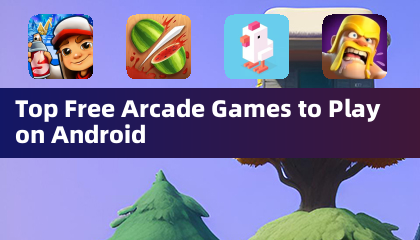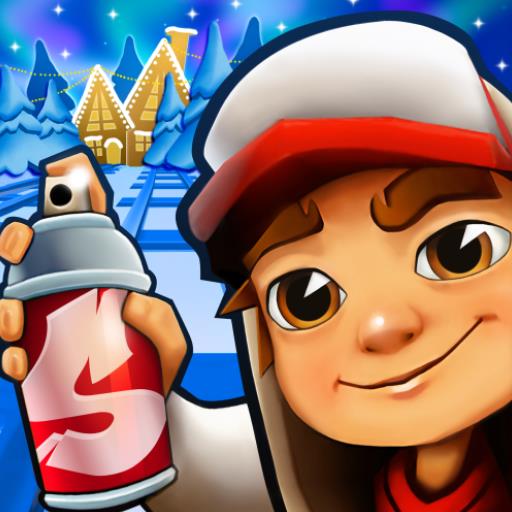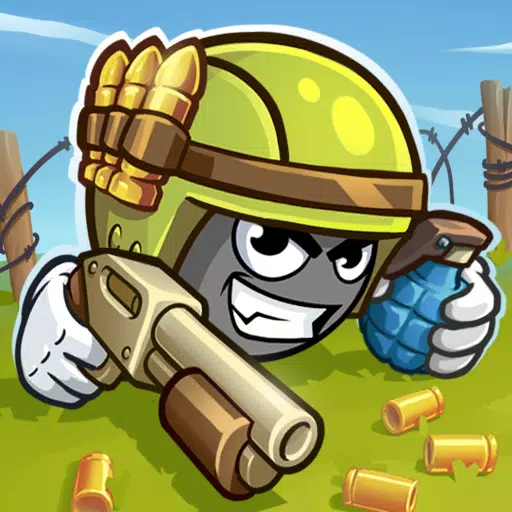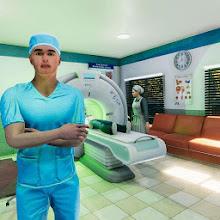Twenty years after the release of the original Ōkami, the beloved great god Amaterasu, the origin of all that is good and mother to us all, is poised for a triumphant and unexpected return. Announced at The Game Awards last year, a sequel to Ōkami is in development, led by the visionary Hideki Kamiya. Newly separated from Platinum Games, Kamiya has formed his own studio, Clovers, and is directing the project with the blessing of IP owner Capcom, who will serve as the publisher. Machine Head Works, a studio staffed by Capcom veterans and contributors to the Ōkami HD remake, is also supporting the development. This all-star lineup blends new talent with veterans of the original game, promising to bring Kamiya's original vision to life in new ways.
While details about the sequel remain scarce, the emotional teaser trailer and the involvement of key figures have sparked excitement. Recently, IGN had the opportunity to delve deeper into the project with director Hideki Kamiya, Capcom producer Yoshiaki Hirabayashi, and Machine Head Works producer Kiyohiko Sakata in Osaka, Japan. In a comprehensive two-hour interview, they shared insights into the sequel, their collaboration, and the future of their respective studios.
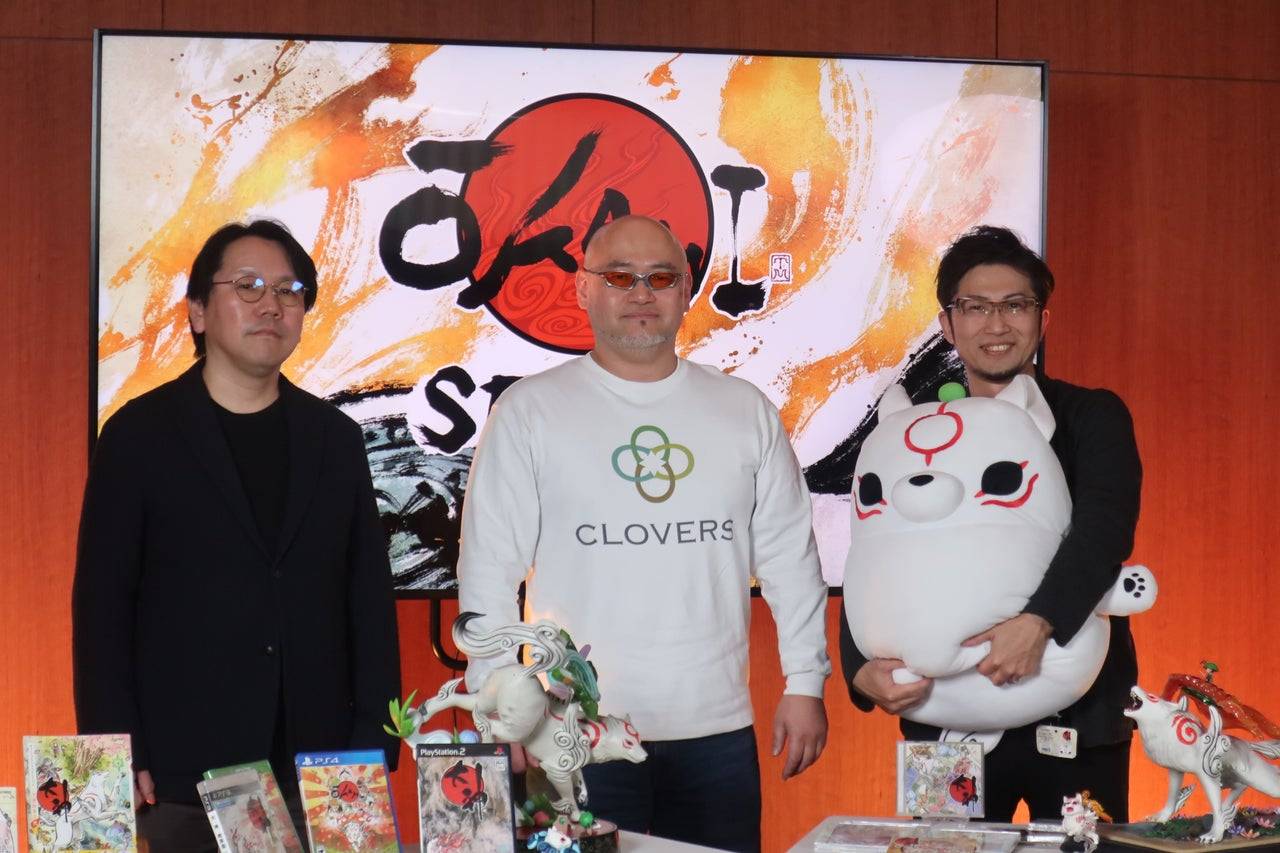
Here is the full Q&A from that interview, lightly edited for clarity:
IGN: Kamiya-san, you've talked before about why you left PlatinumGames. You said you were feeling it was going in a different direction from your beliefs as a developer. And you said you wanted to make games that only Hideki Kamiya could make. What beliefs about developing games are important to you and how do you expect them to shape Clovers'?
Hideki Kamiya: It's a tricky question. In September 2023, I announced my departure from PlatinumGames after about 16 years. The main reason was that I felt the company was moving in a direction different from my vision for game creation. I believe the personality of game creators is crucial and deeply affects the user experience. I wanted to create a development environment where I could pursue my vision, leading to the formation of Clovers after leaving PlatinumGames. Clovers was not a premeditated idea but one that emerged post-departure through discussions with my network.
What defines a Hideki Kamiya game? If I didn't know you had developed something, how would I look at that game and say, "Ah yes, Hideki Kamiya made this?"
Kamiya: A Hideki Kamiya game doesn't need to explicitly state my involvement. My focus is on creating a unique experience that users haven't felt before. I strive to deliver a distinct enjoyment during the development process, which I hope resonates with players.
What is the connection between Clovers and Clover Studio, if any? Does the clover, the plant, have a special meaning to you?
Kamiya: The name Clovers continues the legacy of Clover Studio, where I was proud to work as part of Capcom's fourth development division, symbolized by the four-leaf clover. The name also plays on the word "C-lover," representing our studio's love for creativity, which is reflected in our logo featuring four Cs.
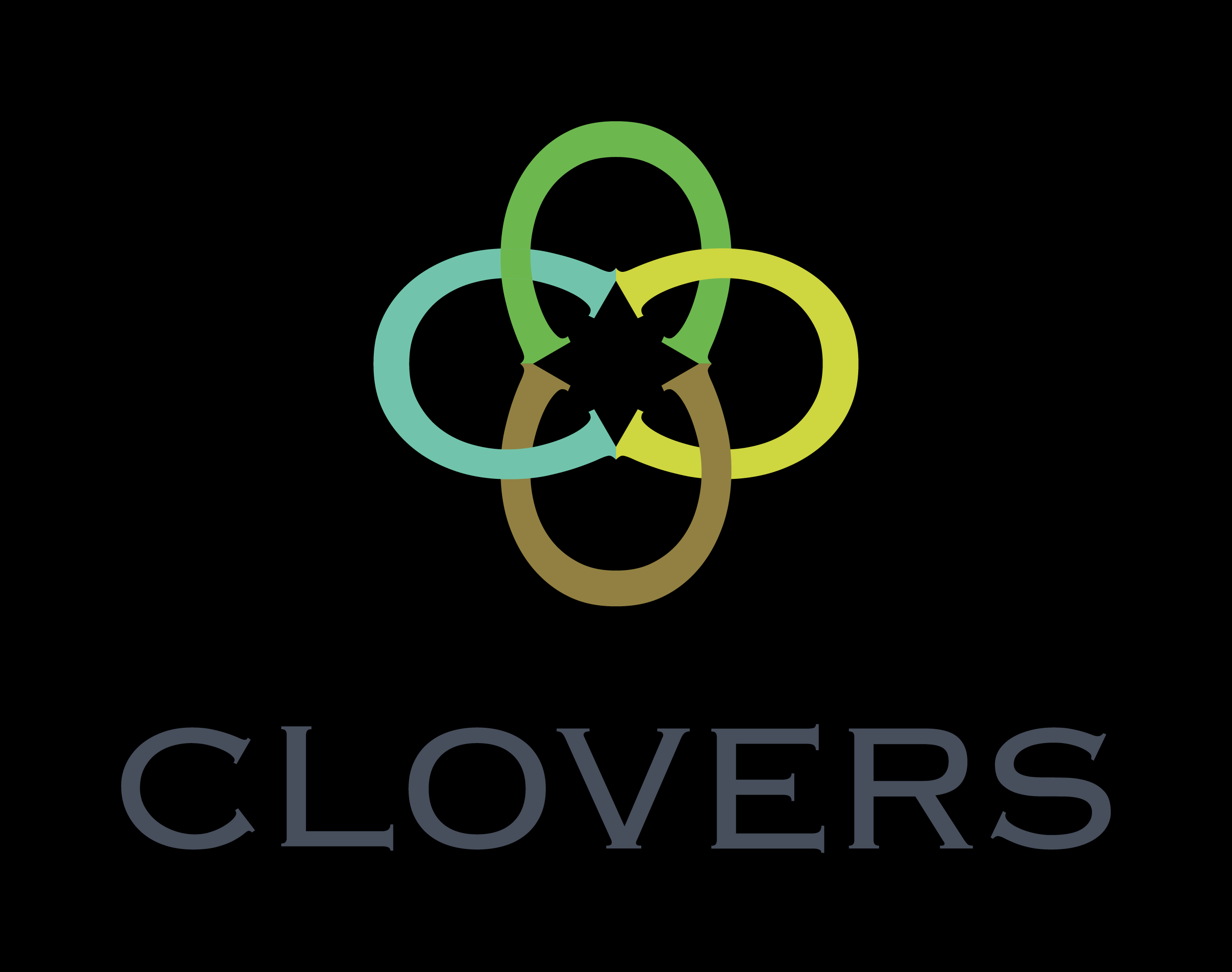
Obviously Capcom is very heavily involved in this. But it sounds like you were thinking about a close relationship with Capcom, maybe even before Ōkami came into the picture when you were first starting Clovers. Is the idea behind the studio Clovers that you will keep that very close relationship with Capcom?
Yoshiaki Hirabayashi: From Capcom's perspective, we've always wanted to create an Ōkami sequel because we love the IP and wanted to see it continue. When we learned Kamiya had left PlatinumGames, we began discussing this project.
Tell me the story of how this came about. Why Ōkami? Why now? How did this pitch happen? Who convinced who?
Hirabayashi: We were always looking for the right opportunity to create a new Ōkami. The opportunity came when Kamiya left PlatinumGames.
Kamiya: I've always wanted to create an Ōkami sequel. The original story wasn't complete, and I often discussed this with friends, including Capcom producer Jun Takeuchi. My departure from PlatinumGames provided the chance to make this dream a reality.
Kiyohiko Sakata: As a former Clover Studio member, Ōkami was a significant IP for us. We felt the timing was right to move forward with this project.
I think that maybe a lot of our readers aren't as familiar with Machine Head Works. So would you be willing to introduce it a little bit and tell people about what it is, and what you do, and how you're involved?
Sakata: Machine Head Works is a recently formed company, originating from Capcom Division Four, the same roots as Kamiya's Clover Studio. We work closely with Capcom, focusing on branding to enhance user recognition of our games. For the Ōkami sequel, Machine Head Works acts as a bridge between Clovers and Capcom, leveraging our experience with both entities and the RE Engine, which Clovers is using for the first time. Additionally, we have team members who worked on the original Ōkami, aiding in the sequel's development.
Hirabayashi: Machine Head Works also assisted with the PS4 port of Ōkami and later titles like Resident Evil 3 and Resident Evil 4, all using the RE Engine.
Why RE Engine? Are there things that you can do with that that will be specifically helpful to the kinds of things you want to do with the Ōkami sequel?
Hirabayashi: Yes, though we can't go into details yet, the RE Engine is crucial to realizing Kamiya's artistic vision for this project.
Kamiya: The RE Engine is renowned for its expressive quality, which we believe will meet the high expectations fans have for this game.
I want to go back to something you said earlier. You said that Capcom has wanted to do an Ōkami sequel for a very long time. I think some people might actually find that surprising because it seems that people generally understand that at the time that Ōkami came out it was seen as maybe not doing as well commercially as you might've wanted it to. And so, I'm curious why Ōkami has always been so special and has been something that Capcom has been thinking about for this long?
Hirabayashi: There are many Ōkami fans within the Capcom community. The game sold well enough to be listed among our million-selling titles. We believe it's a game that people are eagerly awaiting, and we want to create this sequel for them.
Kamiya: Initially, we thought Ōkami might not reach a broad audience, but over the years, we've seen its popularity grow through later releases and fan feedback. The announcement at The Game Awards and the subsequent reactions on social media have shown us the strong demand for this sequel.
You've really assembled what seems to be quite the dream team here of people who just have the perfect set of skills and familiarity to work on this game, specifically. Are there plans to get any of the other former Clover people involved? I read recently, Kamiya-san, there was a former Platinum directors' drinking party of some sort? I don't know, were you planning on getting people like [Shinji] Mikami, or [Abebe] Tinari, or [Takahisa] Taura, or any of those people involved in this?
Kamiya: Several people from the original Ōkami project are involved through Machine Head Works, though we won't mention names yet. Our current team is even more skilled than the original, thanks to the addition of talented individuals from various backgrounds, including those who left PlatinumGames.
Kamiya-san, you said something about that in that interview you did with Ikumi Nakamura about wishing you had had a stronger team the first time around. It sounds like you've addressed that.
Kamiya: Yes, development never goes as planned, but with a stronger team now, we have a higher chance of success. I'm always open to bringing more talented individuals on board.
Hirabayashi: There are three different routes you can choose to enter this project this time. Feel free to pick one of the three routes.
Did any of you replay the first Ōkami sometime recently around the announcement?
Hirabayashi: I haven't had time to play recently, but I reviewed the DVD that came with the artbooks, which included cut scenes.
Kamiya: I didn't know that DVD existed.
Sakata: My daughter played the Switch version recently. She's in elementary school and doesn't usually play older games, but Ōkami's intuitive guidance made it enjoyable for her.
Hirabayashi: My daughter also played the Switch version and loved the flower blooming aspect of the game, which showed me that Ōkami appeals to both adults and children.
Well, you two have sort of already answered my next question, but if you want to add anything, please do. I was going to ask you all, looking back on the original, what are you most proud of? What do you think stands out as something that the first Ōkami did really well that you want to do really well again in a sequel?
Kamiya: My hometown in Nagano Prefecture inspired the original game's focus on nature. The sequel will continue to explore the beauty of nature alongside the evils within the story, aiming to engage players of all ages.
I have a bit of a silly question. Can I show you a picture? Do any of you know the story behind this?
[They all declined to comment]
Since you made the first Ōkami, what do you feel has changed about game development and technology that is going to influence how you approach the sequel?
Sakata: The original Ōkami aimed for a soft, hand-drawn style, which was challenging with the PS2's hardware. Today's technology, including the RE Engine, allows us to achieve the visual quality we envisioned back then and even surpass it.
Ōkami 2 Game Awards Teaser Screenshots
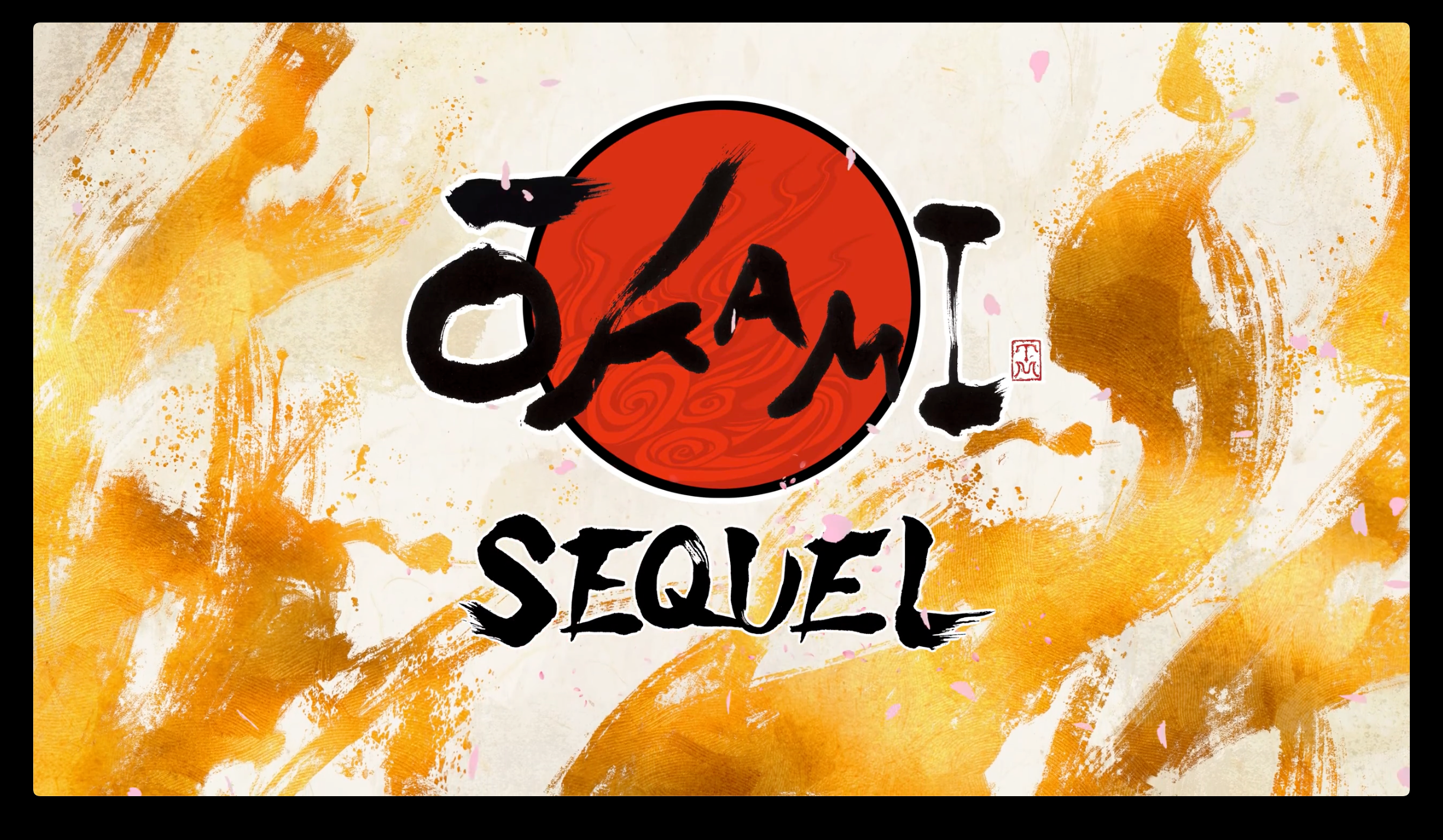
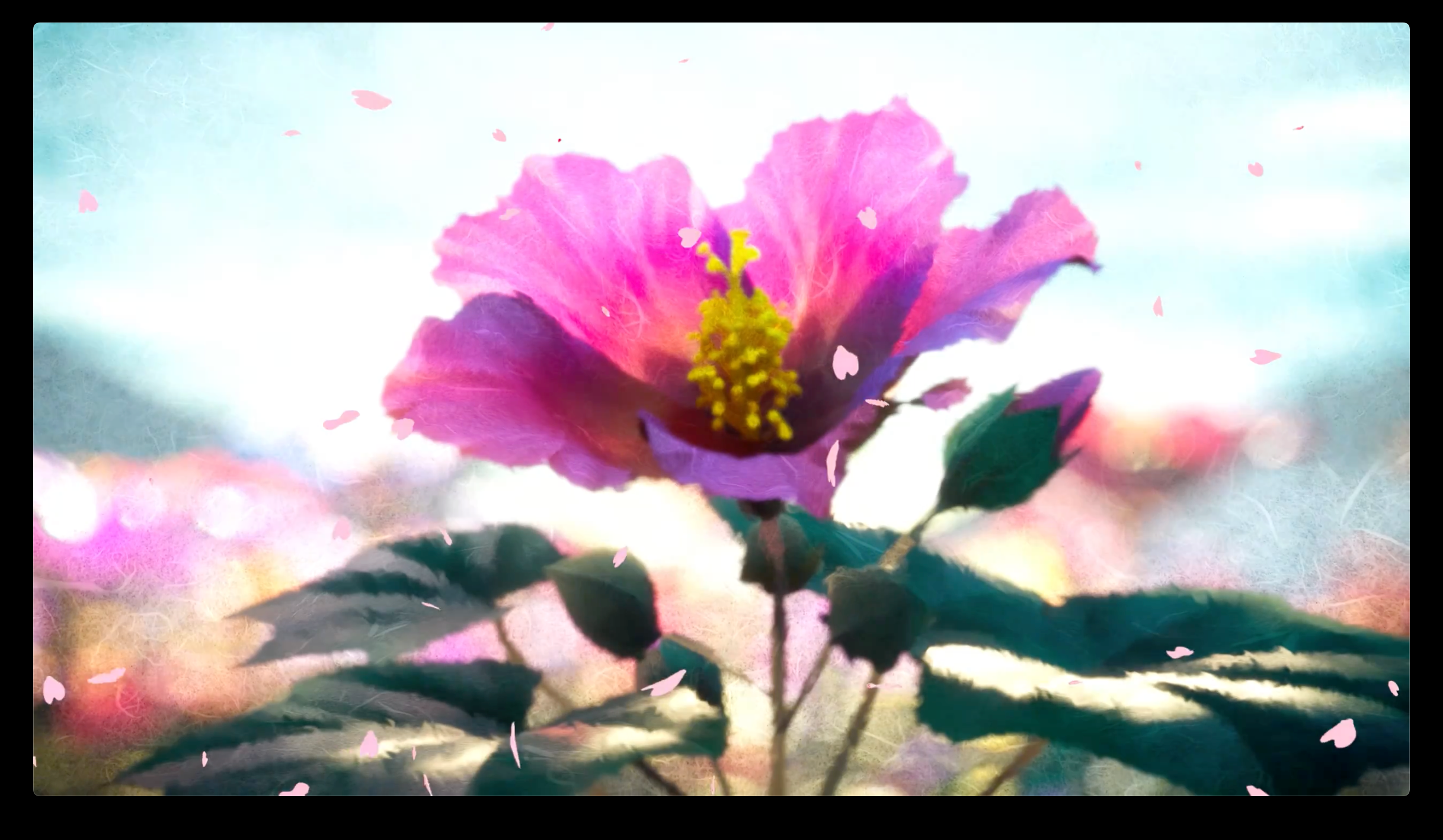 9 Images
9 Images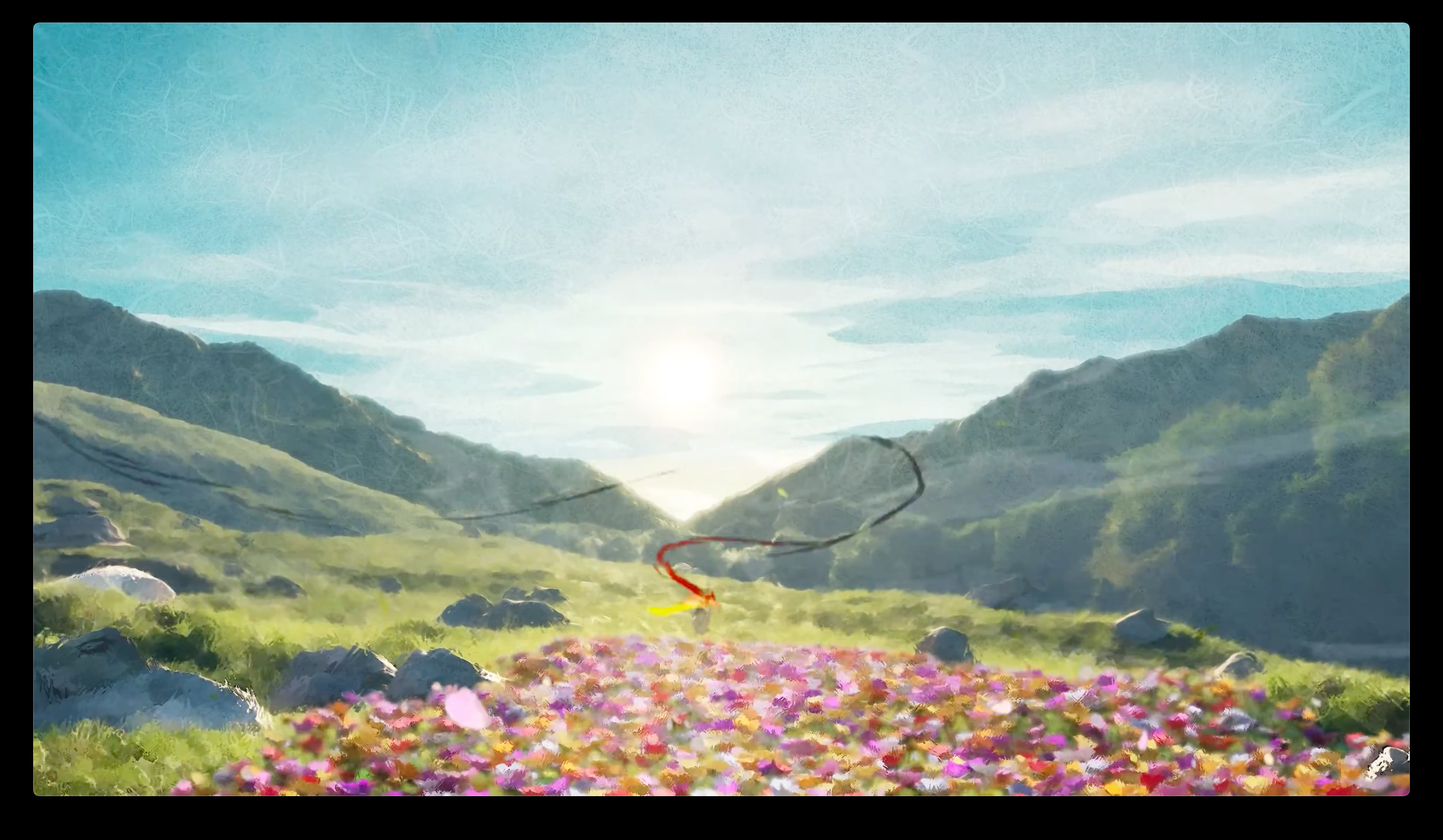
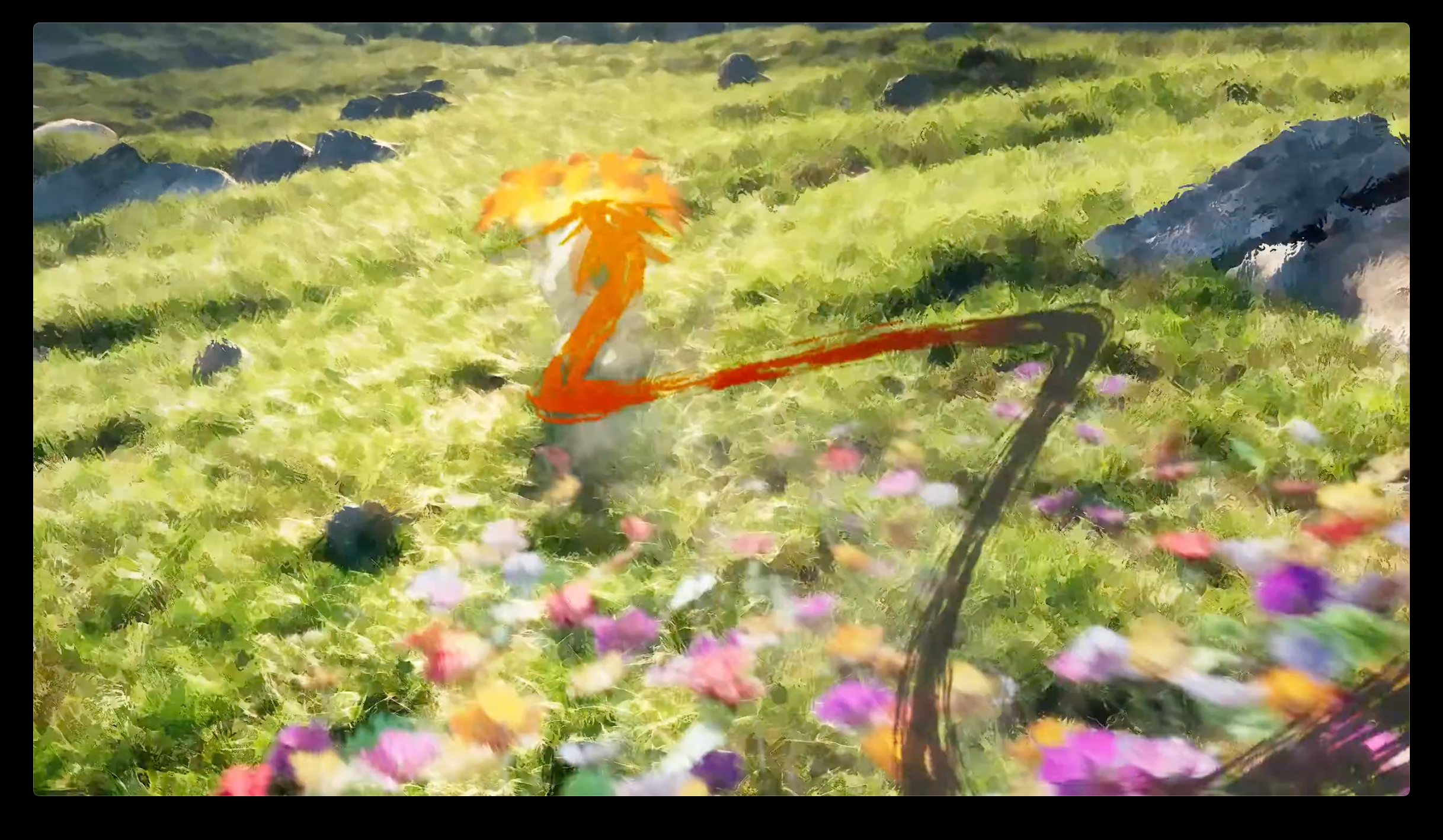
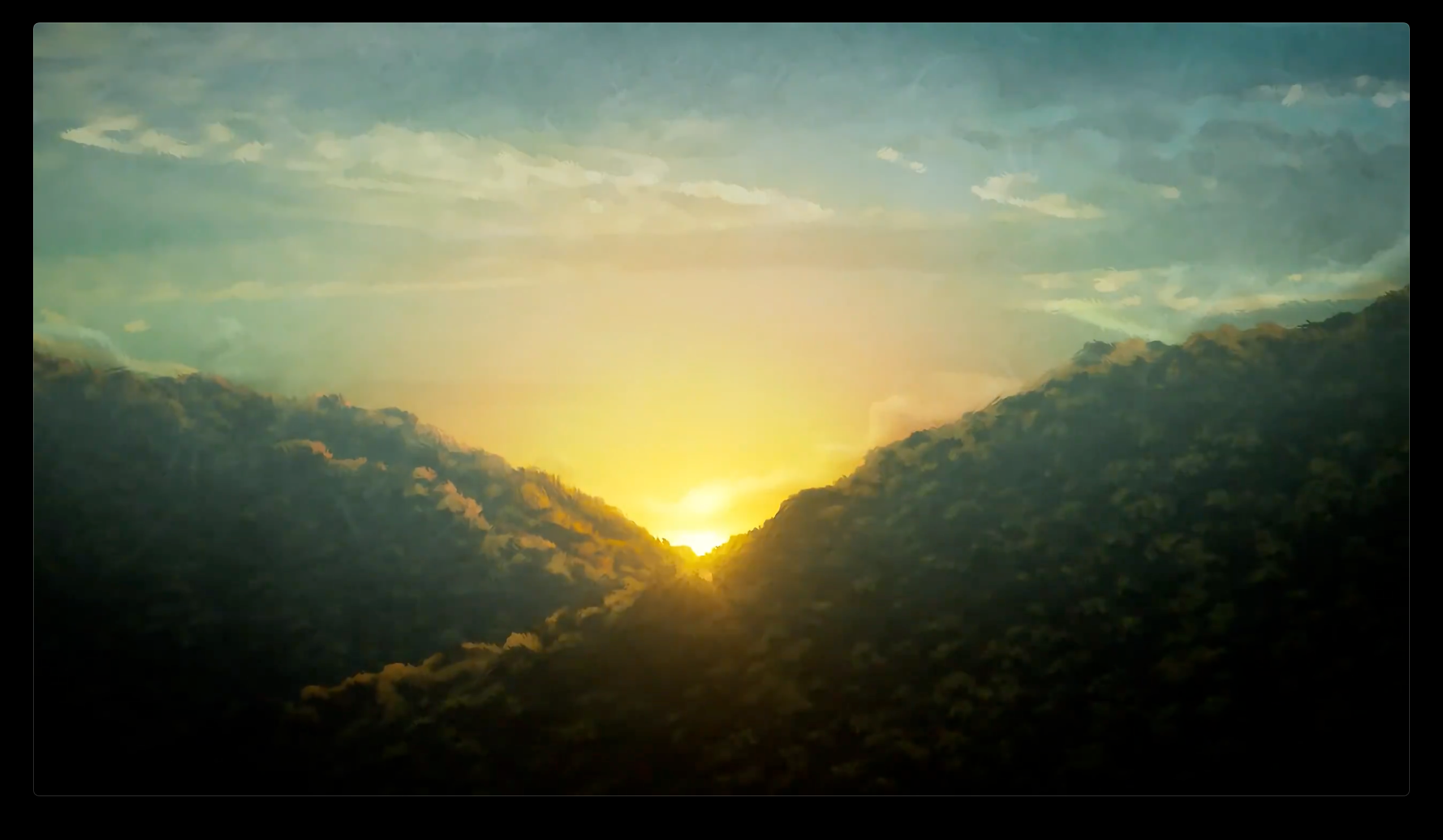
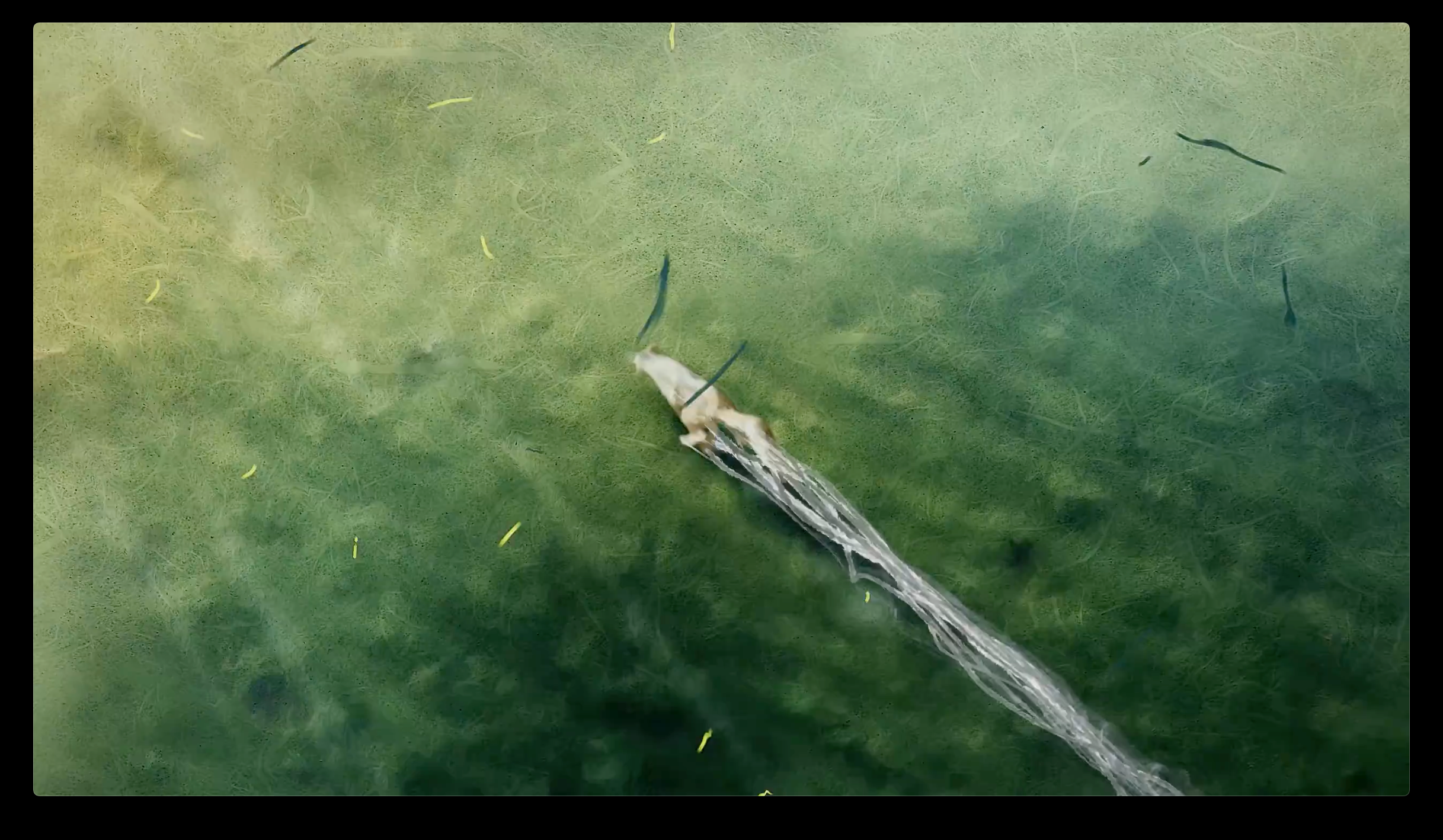
Well, speaking of new technologies, do any of you have any opinions on the Nintendo Switch 2?
Hirabayashi: We can't comment on the Nintendo Switch 2 from Capcom's side.
Kamiya: Personally, I'd love to see the Virtual Console rebooted.
I know you're not really saying much about the actual content of the sequel at this time, but I figure I'll try. Can you say anything about any big themes or ideas or stories that you feel you didn't get to tell enough in the first Ōkami that you want to explore in this sequel?
Kamiya: I have a general idea of the big theme and story that I've been developing for years. I'm eager to bring this vision to life.
Hirabayashi: The sequel will continue the story from the original game.
Kamiya: We're not creating an exact copy of what fans want, but we're working to deliver a game that meets their expectations for fun and enjoyment.
You said that this is a follow-up to the story told in Ōkami. That is Amaterasu in the trailer we saw at the Game Awards, right? Can you confirm that?
Kamiya: I wonder.
[Everyone laughs.]
Hirabayashi: Yes, it is Amaterasu.
What are your feelings about Ōkamiden? Are we going to acknowledge Ōkamiden in this?
Hirabayashi: We acknowledge the fans of Ōkamiden and their feedback. The sequel is a direct continuation of the original Ōkami story.
It can be difficult going back to an older game where the controls to a modern audience may feel out of date, but then again you have fans from the original who might prefer that kind of control method. What is the general outlook on what the control system for this game might look like and what kind of play feel you want to deliver?
Kamiya: As we're early in development, we haven't delved deeply into controls yet. We'll consider modern gaming standards while respecting the original Ōkami's control schemes, aiming to improve the play experience.
Am I correct in assuming that this sequel is very, very early in development?
Hirabayashi: Yes, we just started this year.
What led you to announce it so very early at the Game Awards last year?
Hirabayashi: We were excited and wanted to share that yes, we can make this game. It's going to happen.
Kamiya: Announcing it was a relief because it's no longer just a dream but a promise to our fans worldwide.
Do you worry that when this inevitably takes some time to make, you're going to have fans banging down your door, wondering where this game is?
Hirabayashi: We understand the fans' eagerness, but we'll work hard to deliver a game that meets their expectations without compromising on quality.
Sakata: We'll do our best.
Hirabayashi: Faster isn't always better. We won't rush the process, but we won't delay unnecessarily either.
Kamiya: We'll work diligently, and fans should wait for what we have in store.
There's a video you can view when you finish Ōkami that is, I think, a prototype of the game that you all worked on, that's Amaterasu running, and trees springing up behind her. Was that at all the inspiration for the Ōkami sequel teaser? Was there any connection?
Sakata: It wasn't a direct inspiration, but the similarities likely stem from our commitment to the original game's vision.
Hirabayashi: The background music in the trailer was inspired by the original game, and fans caught onto that connection.
Kamiya: The song, created by the original composer Rei Kondoh, carries the spirit of Ōkami into the sequel's trailer.
I would love to hear an answer from each of you, but I want to know what is inspiring you right now or what you're really enjoying. What other video games are you playing, what books are you reading, movies, music, what things do you just generally enjoy right now?
Kamiya: I'm inspired by the Takarazuka stage shows, particularly the Hana group. Their unique stage settings and transitions without CG or camera cuts inspire my game design.
Sakata: I enjoy smaller stage performances by Gekidan Shiki. The live feeling and the actors' performances inspire me to create games that allow players to choose their experience.
Hirabayashi: I've been inspired by the latest Gundam movie, Gundam GQuuuuuuX, which showcases different perspectives and emotions, something I admire as a creator.
What does success for the Ōkami sequel look like to you all?
Hirabayashi: Personally, I want fans to enjoy the game beyond their expectations.
Kamiya: Success for me is creating a game I personally enjoy, which aligns with the best scenario for fans.
Sakata: Success is when people enjoy the game, including new gamers. For Machine Head Works, success is achieving the director's vision.
I asked about the success of Ōkami, but now I want to ask about the success of your respective studios. Kamiya-san and Sakata-san are building these newer studios that have branched off of Capcom, and so 10 years from now, what would you need to feel that you were doing well, that you had accomplished your mission? Do you imagine you might someday end up back under Capcom? Do you continue this partnership or keep working on more games with them? Or do you eventually develop your own IP? What does that look like?
Sakata: In 10 years, I want Machine Head Works to continue creating games. As creators, we'll still be working on games, but the goal is to keep the company thriving.
Kamiya: Clovers' future involves gathering more like-minded people to collaborate on projects. It's not about specific games but about working with people who share my vision.
All three requested the opportunity to close by delivering one final message directly to the fans:
Hirabayashi: To everyone who saw the trailer, we're working hard to realize this project. It might take time, but please wait for our dream to come true.
Sakata: This project is made by staff who love this series and are working hard to meet your expectations. We'll do our best.
Kamiya: This project is something I've wanted to create, but without your cheers, it wouldn't be possible. Thank you, everyone. With the support of Capcom and Machine Head Works, we hope to create a game everyone will enjoy. Please look forward to it. Thank you.
Hirabayashi: Your comment is a bit too perfect. Is that really you speaking now?
Kamiya: [laughing] No, no, no, really, I'm just so grateful for everyone.

